
AIIB serves China’s Communist Party: Canadian former executive
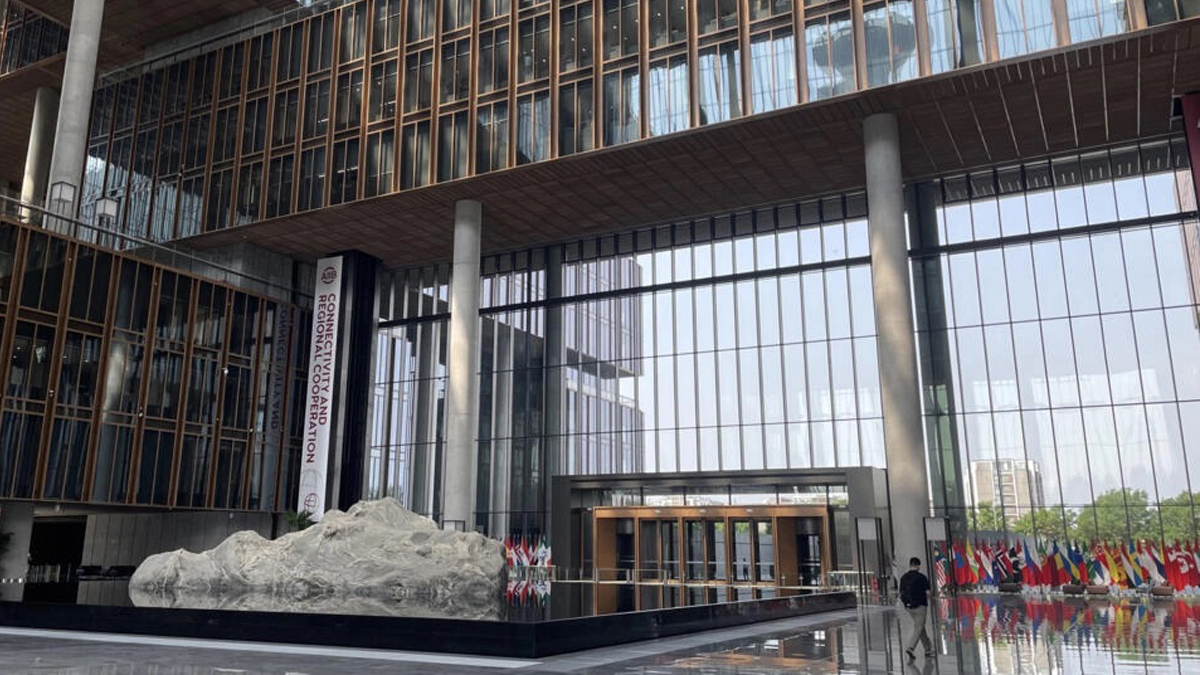
China’s ruling Communist Party dominates the Asian Infrastructure Investment Bank and uses it to further its interests, a former executive has alleged in claims that prompted Canada to suspend participation in the institution.
Bob Pickard, a former communications chief at the bank, made the explosive allegations after resigning this week, and told AFP he left China hastily over concerns for his safety.
Speaking from Tokyo, he said the bank “serves China’s interest” and the Chinese Communist Party (CCP) wields “undue” influence over every aspect of its operations.
“It’s a resource to the geopolitical goals of the PRC (People’s Republic of China)… in practice, I believe it serves China’s interest,” he told AFP.
The bank directed lending primarily to countries targeted by China’s massive and controversial Belt and Road Initiative, he said.
“These are not disconnected ventures, the Belt and Road initiative and the AIIB… these are similar kinds of countries that China has been trying to cultivate politically.”
In a statement issued after his tweets, AIIB called Pickard’s allegations “baseless and disappointing”.
The Chinese government also hit back at the claims, with foreign ministry spokesman Wang Wenbin saying that “the AIIB abides by the principles of openness, meritocracy and transparency in employee hiring and management.”
Wang also said the bank employs people from 65 countries and economies, and that its achievements have been “widely recognised by the international community”.
The AIIB, a project pushed by Chinese President Xi Jinping, was launched in 2016 to counter Western dominance of the World Bank and the International Monetary Fund.
It has 106 global members, including Australia, Canada, France and Germany.
But the United States is not a member, having chosen to stay out from the start on concerns over transparency and governance.
‘International institution’
Pickard said he joined the bank “with my eyes open,” but that its international membership had convinced him it would be multilateral.
Instead, after joining in March 2022, he was warned “not to mess with any of the party people… because they’re powerful”.
He declined to say who had issued him the warning, but said he raised concerns about the role of party members and their influence a month ago, in writing.
“The response was: ‘Don’t go there’ basically.”
He alleged foreign executives on the board were there for “window-dressing.”
Inside the bank, “there’s a parallel system, it’s adjacent to the public-decision making structure,” he said.
Canada announces review
The 58-year-old Canadian submitted his resignation earlier this week, and then quickly left China, waiting until he was out of the country to announce his decision and allegations on Twitter.
Canada and China have been at loggerheads since 2018, when a Huawei executive was arrested on a US warrant in Vancouver and two Canadian nationals were detained in China in apparent retaliation.
Pickard said the detention of Michael Kovrig and Michael Spavor had factored into his decision to leave China after resigning.
“I remember what happened with the two Michaels, and after the nature of my resignation, I left for the airport as soon as I could,” he said.
“I left in such haste many of my belongings and even my wallet were left behind.”
After his tweets, Canada’s Finance Minister Chrystia Freeland announced Ottawa would “immediately halt all government-led activity at the Bank”.
She also ordered an “immediate review of the allegations raised and Canada’s involvement in the AIIB”.
Pickard said he was “happy that my country’s government is taking seriously the issue of lack of transparency and undue CCP influence over what is supposed to be a multilateral organisation”.
“I believe that the Canadian government will find that ultimately, the interests of this bank do not coincide with the interest of our country.
“Why is Canada participating in an organisation that at the end of the day, makes China more powerful?”
The bank has faced similar accusations in the past, with then-vice president Thierry de Longuemar insisting in 2017 that it was not an “instrument of the Chinese state.”
“China’s wish isn’t to create a new instrument of the Chinese state, it is to demonstrate its ability to promote a truly international institution based in China,” he said.
AFP
- Light Rainfall Forecasted in Koshi and Gandaki Regions Today
- Nepal’s Trade Deficit Surpasses Rs 460 Billion in First Four Months of Fiscal Year
- Indian Army Chief General Upendra Dwivedi Visits Muktinath Temple and Nepal Army’s Western Division Headquarters
- Indian Army Chief Visits Pokhara, Honors Gorkha Veterans and Gallantry Awardees
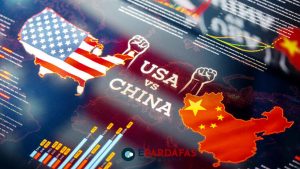
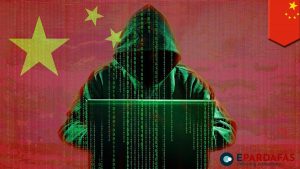

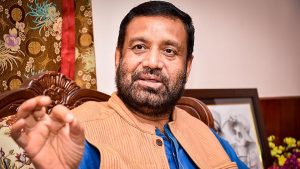
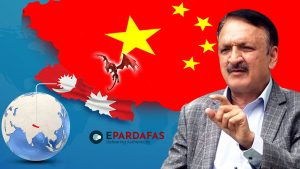
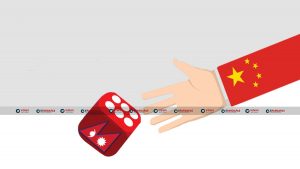





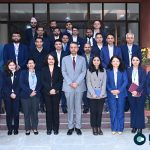
Comments